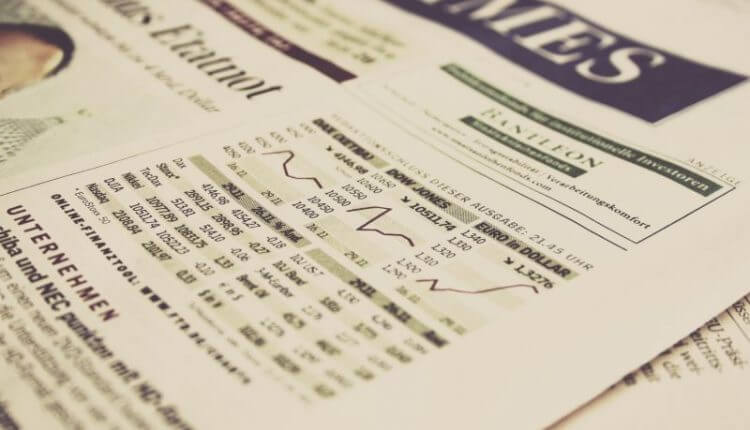
Why is there a need to rebalance my portfolio?
The market is driven by ever-changing event and situation. It would certainly not be wise to think that investing is done once you have established the amount of risk you are willing to undertake. Monitor and rebalance your investment portfolio instead of letting it run on it own.
Over a period of time, the same asset class will produce different risk and return as economic factors changes. Therefore, while your investment object still remains the same, your exposure and the underlying risk could be completely different.
What is the risk of not rebalancing my portfolio?
Recall the sharp market sell down during Aug 2023 caused by China devaluing the Renminbi or Yuan, or the interest rate hike by the US Fed sending bond valuation crashing. An investor that took profit or made an adjustment would fare a lot better compared to an investor that had since held on to those assets.
Instinct and gut feel make an investor holding on to their performing assets in their portfolio, only to see valuation drops when the market changes. On the other hand, discipline and knowledge guide the investor to taking the profit out of performing asset and follow the market trend. It is certain that discipline trump instinct when it comes to long-term investing.
When do I rebalance my portfolio?
Review your portfolio with the following in mind:
- Compared to its peers in the same asset class, how are your securities performing?
- Are the assets in my portfolio providing me with the expected yield or growth as intended?
- How much deviation is my current portfolio from the initial portfolio allocation?
- What is the economic outlook going forward?
- Do the potential returns outweighs the charges and current yield?
- How often do I rebalance my portfolio?
Portfolio review should minimally be done at least once a year to ensure that your investment objective stays on track. As there may be fees and charges incurred, understand and ensure that the rebalancing has a purpose and fulfil a need for the long-term growth of the portfolio.
Related: Investment portfolio
Set goals and objectives for your investment funds
Always have a clear objective when it comes to managing an investment portfolio. Stay disciplined and consistent in your goal to accumulate returns in the long run. Alternatively, a financial adviser may offer advice based on his expertise or consider Unit Trust fund which automatically manages and rebalance a portion of the fund you place with them.
Read About: Effect of compounding returns
Drop us a message should you require additional information and we will get back to you on your questions as soon as possible.



